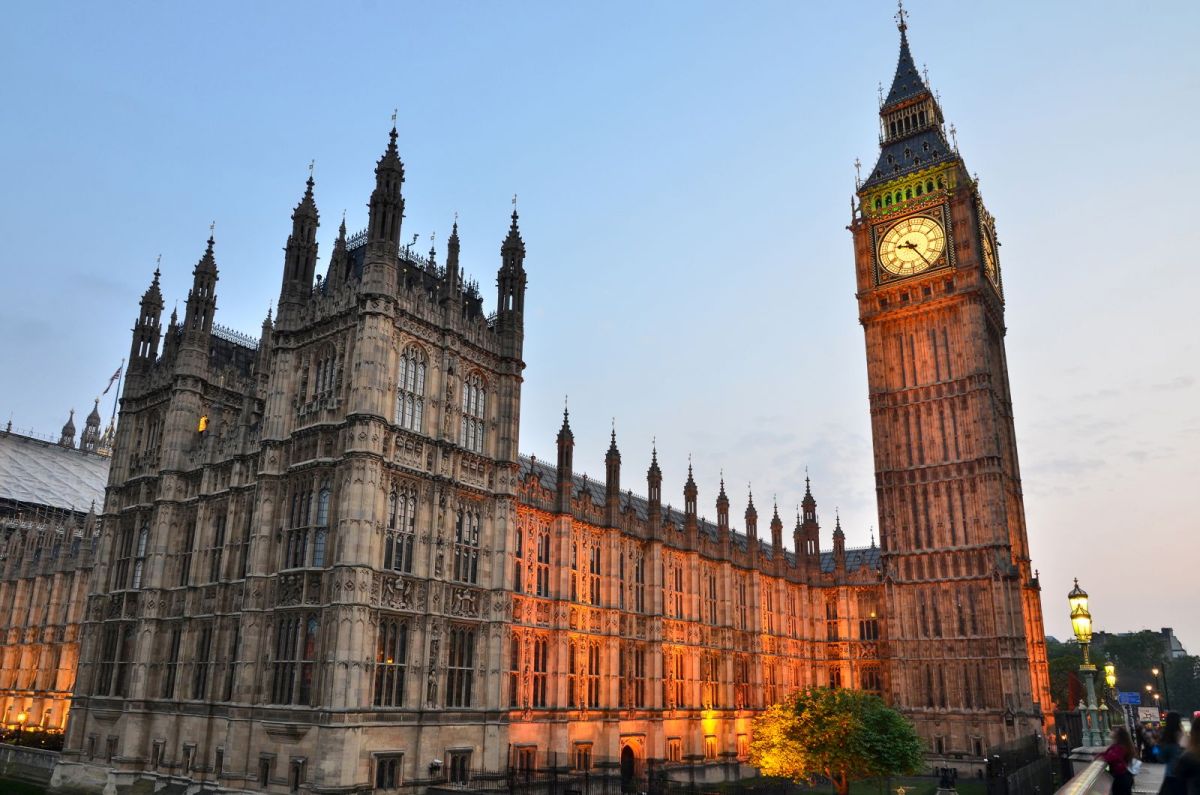The government is due to announce its highly anticipated Budget plans on October 30th.
The Prime Minister and the Chancellor have worked hard – perhaps too hard – to highlight the Budget challenges that the country faces, setting the stage for a set of tax increases at the end of the month.
The budget will be a delicate balancing act. From our perspective, there are a few considerations.
First, public services “feel” stretched and under-resourced.
Second, tax revenues relative to GDP are already at their highest level since the 1950s, according to the Office of Budgetary Responsibility.
Third, the tax base looks quite narrow: according to the Institute for Fiscal Studies (IFS), in 2023-2024 10% of taxpayers paid 60% of all income tax. In 1979, that figure was 35%. The top 1% of taxpayers paid 29% of all income tax. According to press reports, the government may be reconsidering some of its tax plans after forecasts suggest that they would raise lower revenue than initially expected.
Fourth, the UK public sector debt is already fairly high at around 100% of GDP. That’s still below the likes of Italy and the US, as the chart below shows, but we’ve seen a meaningful increase over the past twenty years.
It’s a challenging combination and it helps to explain why the Chancellor has emphasised the importance of economic growth. Growth in the UK has been pretty anaemic lately. The chart below illustrates quarterly GDP growth compared to the previous year, highlighting the outperformance of the US economy, relative to the UK and the EU.
Monthly data released on Friday suggests that the UK economy did grow slightly in August. The economy expanded 0.2% month-on-month, or around 1% compared to the same month last year.
Looking at the annual growth rates, we can see that the economy seems to be doing a bit better than it was at the end of 2023 and start of 2024 – but 1% growth isn’t going to give the government the sort of revenue increases it needs to repair public services.
How you generate faster economic growth is a topic of much debate. In theory, higher taxes should be a headwind, but spending on infrastructure investment could be a positive. With that in mind, we could see the Chancellor change her fiscal rules to allow for more infrastructure investment. That would mean higher borrowing and could put pressure on bond yields if the Treasury tries to do too much too soon.
It’s probably fair to say that the UK bond market hasn’t really recovered its confidence since the Truss budget. The chart below shows the difference in yields between UK and German government debt over time. That could make UK gilts look relatively attractively valued.

There’s little doubt, though, that the UK needs more investment. According to the World Bank, UK investment spending as a percentage of GDP is around 18% compared to an Organisation for Economic Co-operation and Development (OECD) average of around 24%. Borrowing in the name of faster future growth, rather than current spending, could be well received by lenders.
For UK households, however, the picture might be a bit better. The chart below tracks the so-called “Misery index”, which combines the unemployment rate and the rate of inflation. On this metric, things have improved significantly over the past year or so – mostly thanks to lower inflation.
That improvement does seem to be reflected in UK consumer confidence. The chart below compares the Misery Index against Consumer confidence. The relationship over time is quite strong, we’d argue.
We see a couple of periods where the two measures moved in different directions. The first was during Covid, which we’d argue was a special case. The second is during the current period, where consumer confidence has worsened despite a combination of low unemployment and declining inflation.
Perhaps the government has been too effective in preparing the British public for a difficult Budget.
*As with all investing, financial instruments involve inherent risks, including loss of capital, market fluctuations and liquidity risk. Past performance is no guarantee of future results. It is important to consider your risk tolerance and investment objectives before proceeding.





